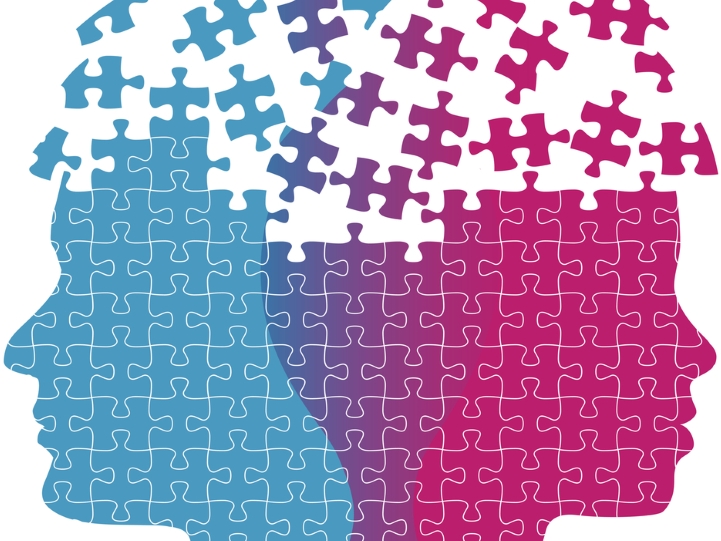
DEI and Mental Health
Health, Safety, and Well-being Policy and Advocacy Equity, Inclusion and Social Justice
July 25, 2024
When examining the challenges faced by college students, one predominant perception by the public is that these issues revolve around balancing coursework and maintaining a social life. While this is a significant aspect, other factors come into play regarding the stress that students experience. Each year, 1 in 5 women in the United States experiences a mental health-related illness such as depression, post-traumatic stress disorder (PTSD), or an eating disorder. The Black community is disproportionately affected by mental health concerns, including reported increased rates of anxiety and depression. LGBTQIA+ individuals are more than twice as likely as non-queer identifying individuals to experience a mental health disorder in their lifetime. It is important to recognize how DEI practices support the mental health priorities of these students.
The mental health needs of college students are especially imperative during times of transition, such as finding a post graduate job, moving out, and in navigating the repayment of student loans. While these milestones are nearly universal among students, those from historically minoritized communities may not have the resources needed to successfully complete these goals. Thus, mental health services tailored for these individuals are essential, providing for personalized and comprehensive support during this time. Services offered for specific demographics such as gender affirming mental health care, destigmatization of mental health, and the intersection of mental health and an individual's faith are just some of the culturally competent practices that are used to serve minority students.
However, with anti-DEI legislation going into effect across the country, students are no longer allowed to participate and learn from conversations allowing diverse perspectives. The implications of such legislation include heightened mental health-related incidents and diminished motivation among students. In January 2022, Hanover Research surveyed more than 1,000 undergraduate students around the U.S. about their perceptions of DEI at their colleges and universities. Research found that 54 percent of surveyed college students feel singled out by their identity, creating a barrier to a sense of belonging on their campuses. For first generation and minority students, in particular, a sense of belonging is attributed to greater enrollment retention, persistence levels, grade point averages, mental well-being and long-term physical health. When the effects of anti-DEI legislation point to a potential decrease in student well-being, institutions must recognize these trends and address them accordingly. Here are some actions institutions might consider at this time:
Reevaluate the Mental Health Services Provided on your Campus. Whether your institution has or has not been affected by anti-DEI legislation, your campus may benefit from a review of services provided for your students. Note whether or not these services have diverse staff, flexible scheduling, and/or have providers who specialize in culturally competent practices that are tailored for historically underserved communities. The evaluation of these services provided can ensure better outcomes for students.
Listen to Students. Learning about the value of services from the students receiving them is necessary in order to create meaningful change. Whether through surveys or conversations, hearing from students about whether or not these services are helpful allows for providers to better address the unmet needs of students. More importantly, these data can help identify gaps in treatment that would not have been identified otherwise. Allowing for feedback creates new avenues for mental health services to support student well-being overall.
Mental health-related challenges students experience may begin in college and persist throughout their lives. In order for students to succeed, they need the tools to do so. As stated in Advancing Racial Justice on Campus: Student and Administrator Perspectives on Conditions for Change, students are especially attuned to the power of individuals in leadership positions to be change agents on campus. Students who view campus efforts positively also seem to center those beliefs on the extent to which leadership proactively shows up for students through in-person efforts to listen and respond to their demands for change. As the higher education environment continues to evolve, administrators are presented with opportunities to connect students with lasting well-being tools and strategies they may then use throughout their careers and in other areas of their lives. Prioritizing mental health is a fundamental step in this process.